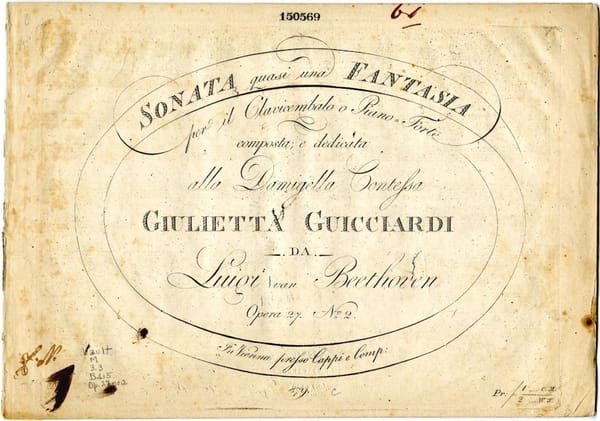The Swiss Connection
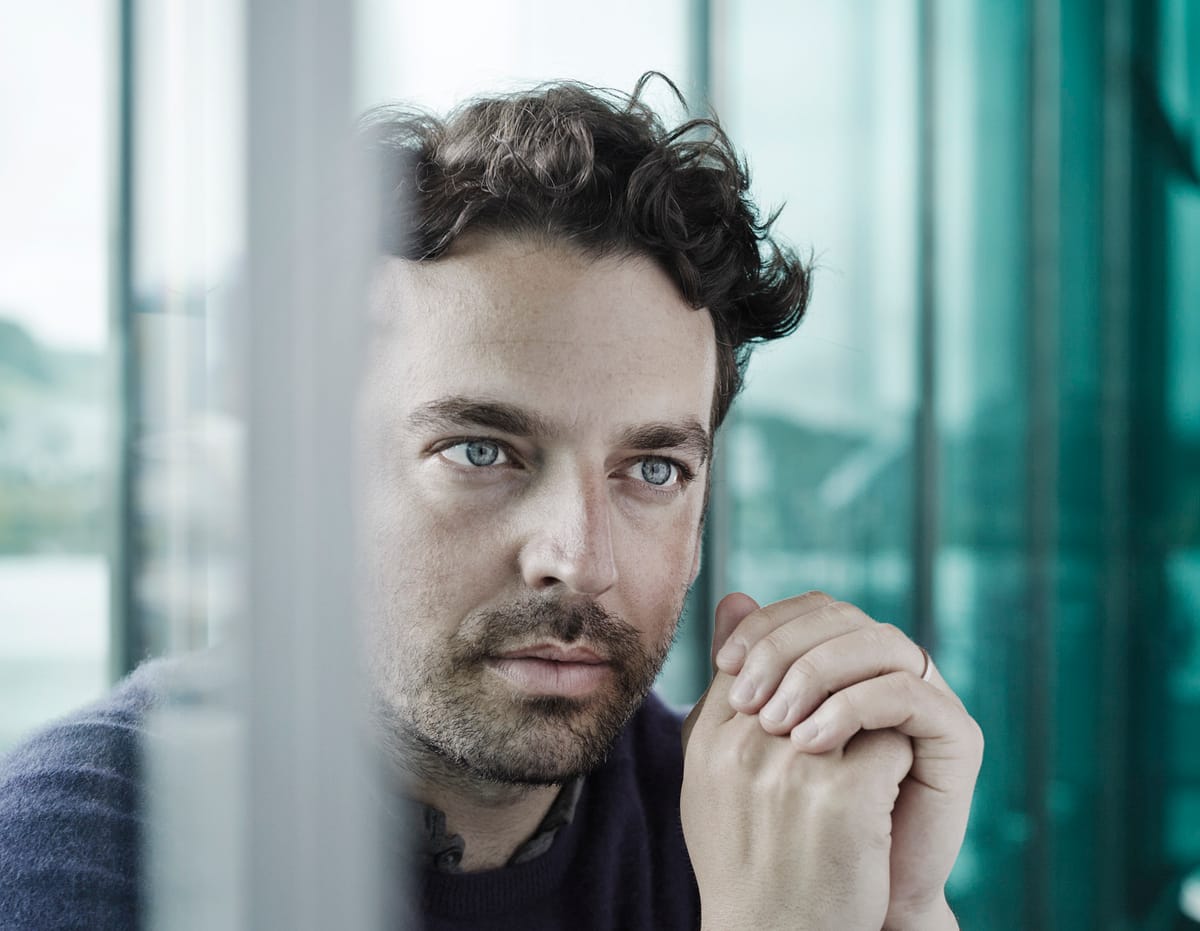
James Gaffigan, Chief conductor of the Lucerne Symphony Orchestra, looks ahead with a firm sense of history intact. By Neha M
Lucerne is home to more than just Lake Lucerne and stunning mountainous views: the central Switzerland town also has a rich history of classical music, and is perhaps best known for the annual Lucerne Festival, a summer celebration of all things music. In July, a little bit of Lucerne came to Mumbai with the Luzerner Sinfonieorchester, or the Lucerne Symphony Orchestra (LSO), the orchestra-in-residence of the KKL Luzern (Lucerne Culture and Congress Centre)
It may be Switzerland’s oldest orchestra – its history stretches back to 1806 – but it’s certainly one of its most forward-looking, inventive ones. James Gaffigan has been the chief conductor of the orchestra since 2011-12, and just last year received an extension that means he will be helming the orchestra till 2022. He’s particularly proud of the orchestra’s trajectory over the last few years, with prolific recording and touring, and a focus on connecting and building trust with new, young audiences.
Spoilt for choice
The KKL Luzerne concert hall and building was designed in 2000 by Jean Nouvel, and is renowned for its aesthetics. “We’re very spoiled,” says Gaffigan when I ask him what it’s like to be the resident orchestra of such a space. “It’s easily the best modern concert hall built in the last few years. It vibrates; it’s a place that welcomes. It’s an instrument. And so it’s a bit depressing when we go to other venues with regular acoustics.” The key to Gaffigan’s plan for the next few years is to expand the repertoire of the orchestra, a process he sees as important in building interest with newer audiences. He sees the process of planning a repertoire a little like planning a nice meal: “I like to have many living composers, but not so many that we scare away new listeners,” he says over a Skype conversation. “It’s like a nice meal – pairing extremely spicy Indian food with a raita, or pairing a good wine with food.”
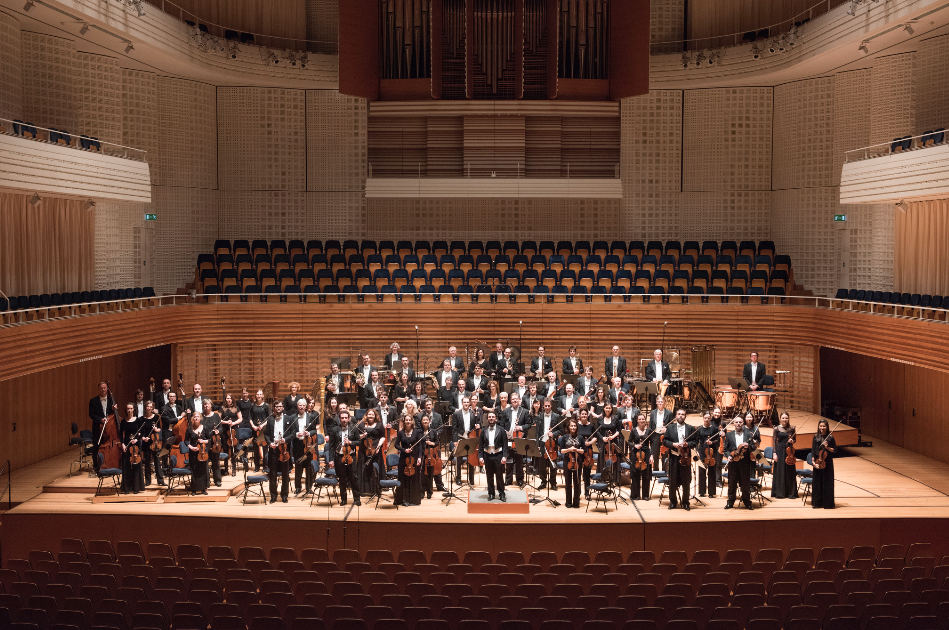
For Gaffigan, context – thematic, temporal, geographical – is key to his vision of classical music and communicating with audiences. He offers an example of a programme that might include both Gershwin’s jazz-and-ragtime replete Rhapsody in Blue and a piano concerto from the post-Romantic classical composer Schoenberg. Why might audiences respond to such a pairing? It’s the connection between the two, he explains. “They were both trying to achieve the same thing, in very different ways.” Schoenberg was known for his experiments with atonality, while Rhapsody is often held up as a masterful fusion of contemporary American idioms such as ragtime and Harlem jazz and the harmonic adventurousness of Ravel and Schoenberg. Orchestral texture is another factor in the process. “For example, when you combine Mozart with Debussy, and Wagner with French composers, you produce a very specific effect. It’s kind of like religion,” Gaffigan says of this big-picture connection across musical styles and periods. “I think everyone’s trying to achieve the same thing in a different way.”
Novel combination
For an orchestra that had its beginnings two centuries ago, the LSO plays a steady amount of material by contemporary composers, even commissioning original work by several, such as Wolfgang Rihm and Sofia Gubaidulina. This is a process that happens organically – with Gaffigan travelling with the orchestra frequently, the opportunities to discover new and interesting composers are many. One collaboration – not with a composer, but with a soloist – took place at the NCPA itself, with Khatia Buniatishvili, the Georgian concert pianist known for her technical prowess and dramatic renditions of Chopin and Liszt. Buniatishvili and her elder sister Gvantsa were introduced to the piano at an early age by their mother, an enthusiastic music lover. Buniatishvili, who has described the piano as a “symbol of musical solitude”, chose the piano over the violin despite her perfect pitch. Beginning training at a young age, her first concert with the Chamber Orchestra in Tbilisi was when she was six. From the age of ten, she gave concerts in Europe, Ukraine, Armenia, Israel and the USA. She graduated from the Tbilisi Central Music School and then entered the Tbilisi State Conservatory in 2004. She prefers not to be regarded as a child prodigy since virtuosity for its own sake does not appeal to her.
Described by The Guardian as having “an imposing technique at her disposal” and “the ability to produce moments of insight and refined sensibility”, Buniatshvili has played with, among other orchestras, the Orchestre de Paris under Paavo Järvi, the Los Angeles Philharmonic, the Vienna Symphony Orchestra, the Orchestre National de France under Daniele Gatti and the Philharmonia Orchestra in London. She has also performed chamber music with musicians including Gidon Kremer and Renaud Capuçon. Part of the BBC’s New Generation Artists series, she lists Vladimir Horowitz, Josef Hofmann and Sergei Rachmaninoff as three pianists who have made the greatest impression on her.
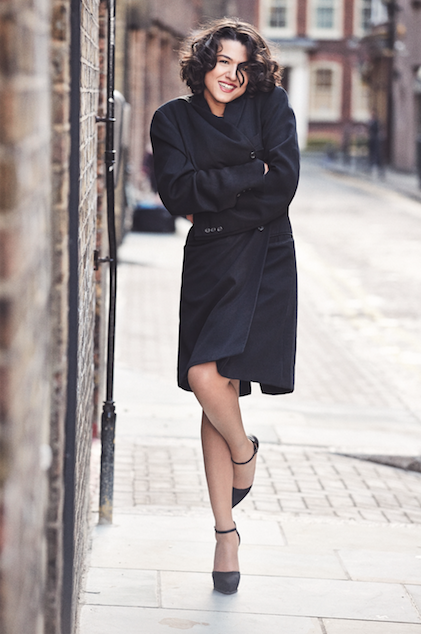
India collaboration
On the India tour, Gaffigan looked forward to what might come of the visit. “It’s very strange that I’m bringing Western classical music to India, a country with its own rich tradition,” he says. Gaffigan’s own initiation happened with Mendelssohn’s Scottish Symphony No. 3. “I was maybe 16, playing jazz guitar in a rock band. And the opening gave me such a weird feeling in my stomach. Time stood still.” This early fascination with the intensely emotional impact of music carried him through to study at the New England Conservatory of Music and the Shepherd School of Music, followed by stints as a conductor with the Cleveland Orchestra and the San Francisco Symphony. The same youthful sense of wonder persists, through it all, an effect viewers can looked forward to in the concert at the NCPA. “We use the word genius so commonly, but when you hear a Schubert – it makes you want to cry. And you think, why do I want to cry? It’s the genius of these composers.”
The Lucerne Symphony Orchestra’s debut concerts in India took place at the NCPA on 7th and 8th July 2016.
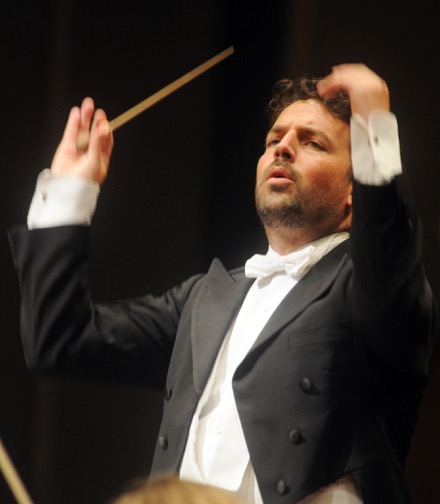

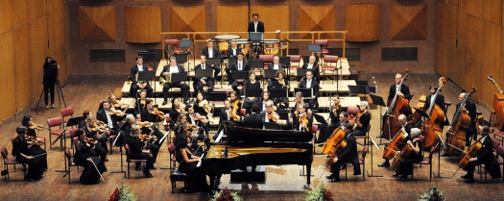
This article was originally published by the National Centre for the Performing Arts, Mumbai, in the July 2016 issue of ON Stage – their monthly arts magazine.




